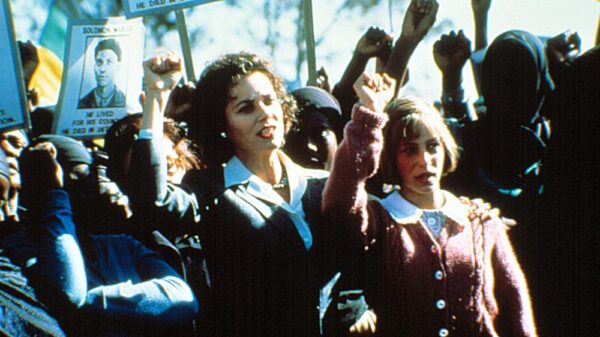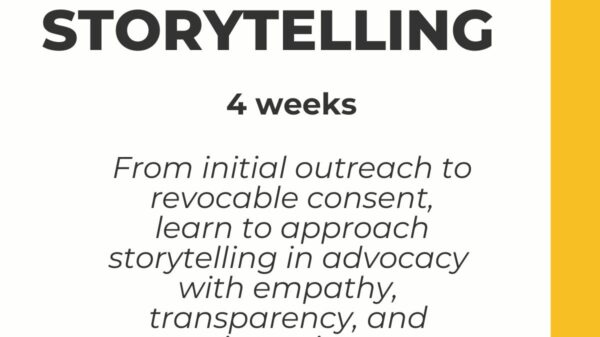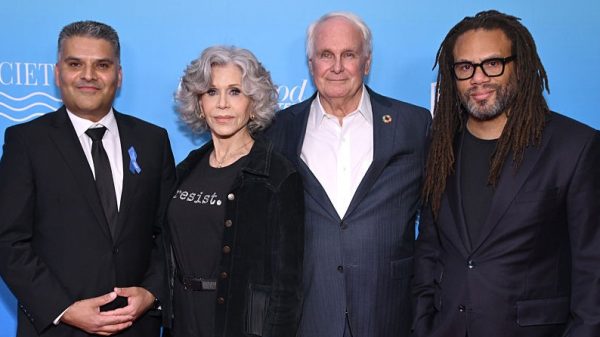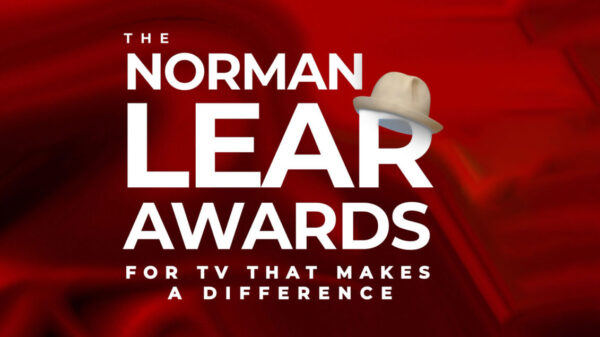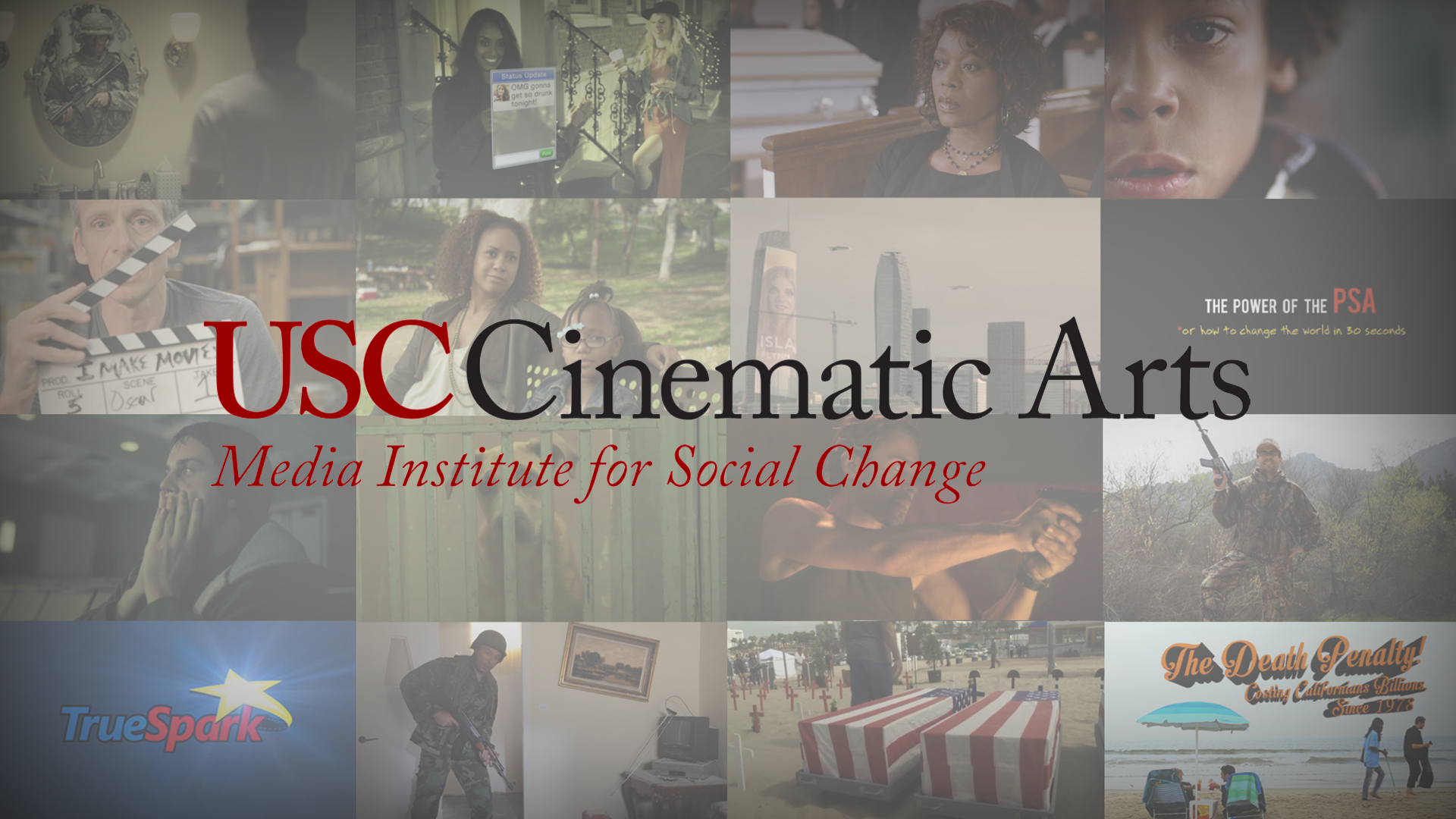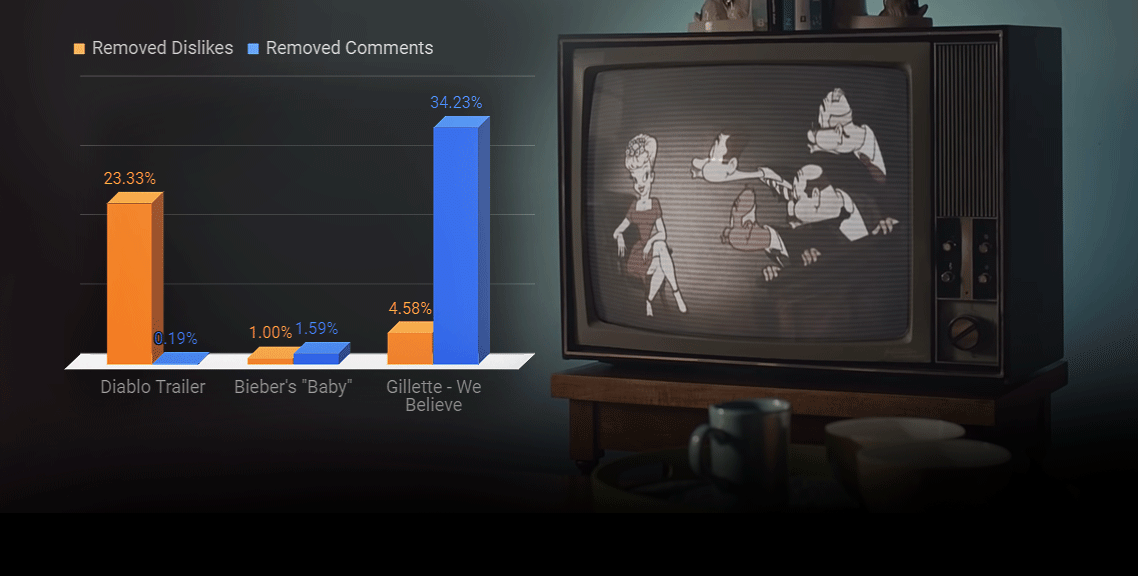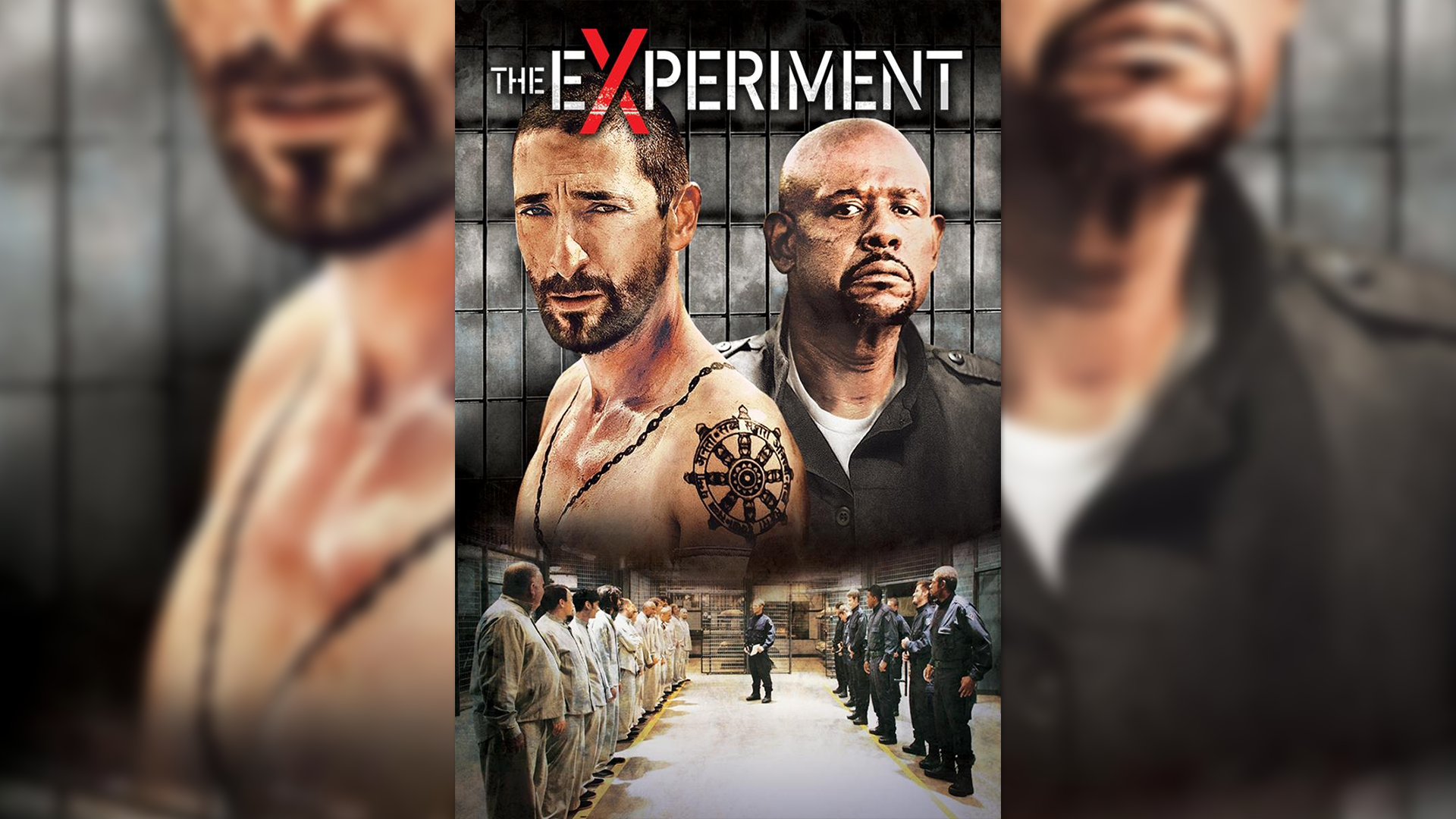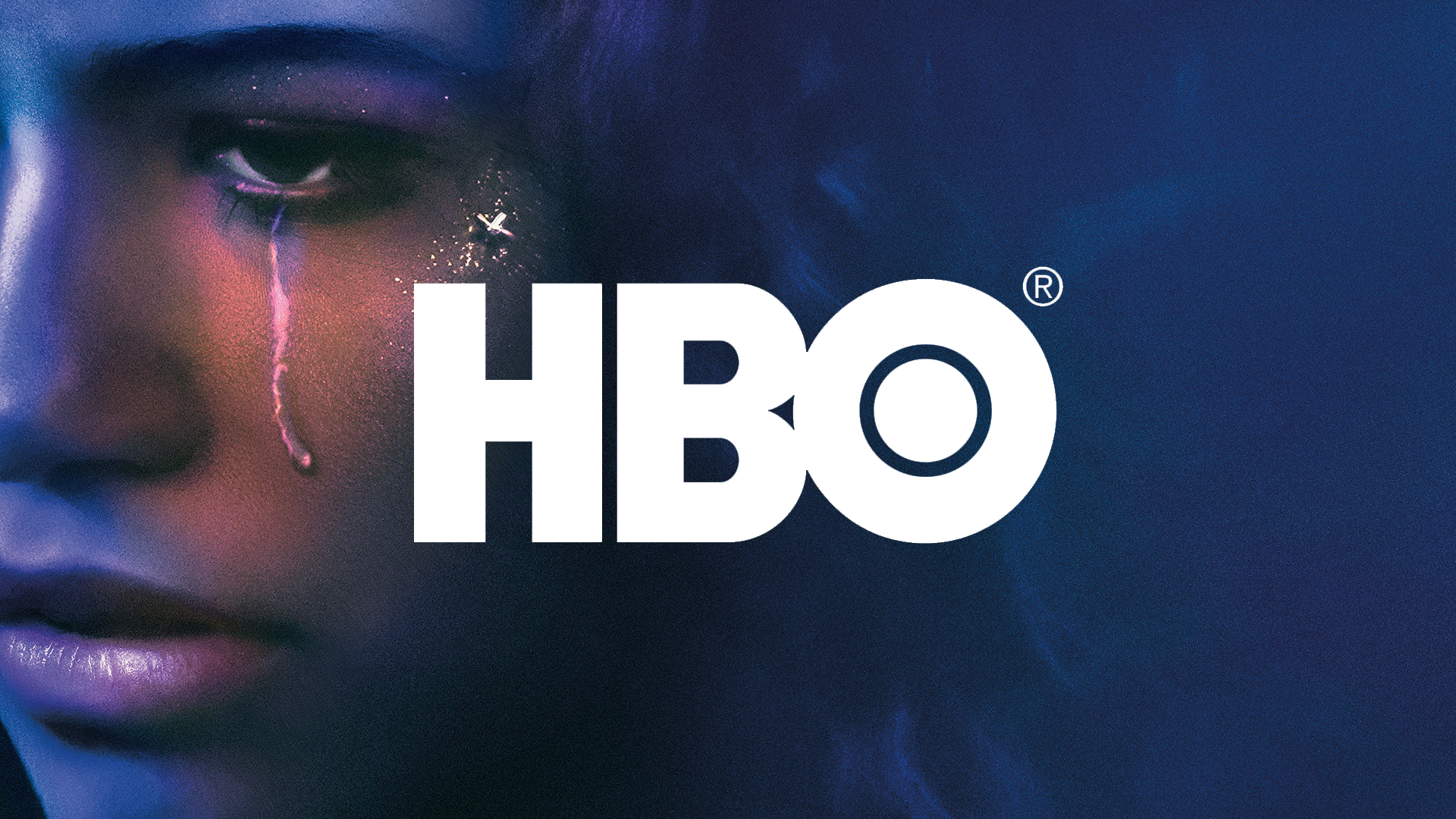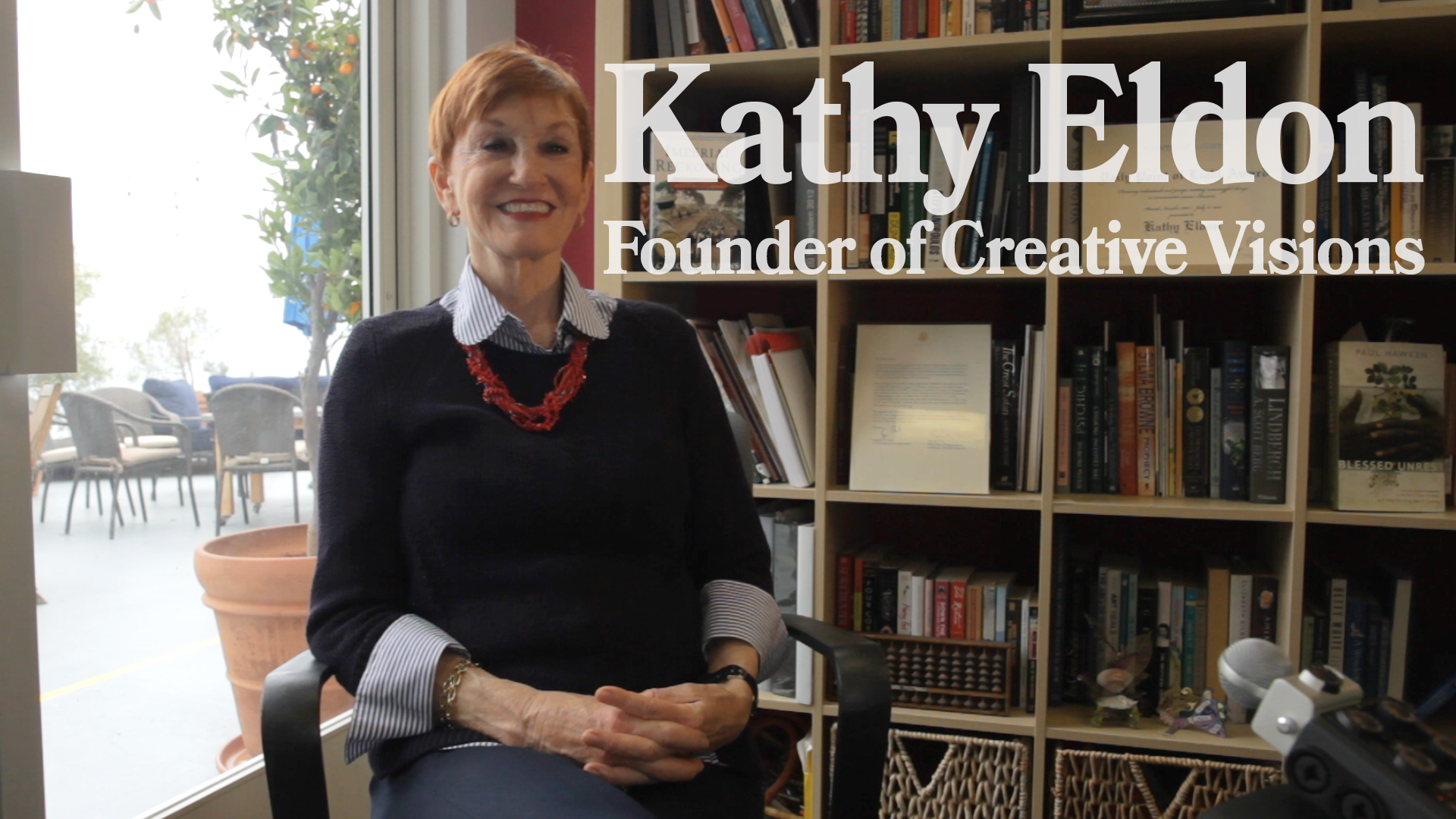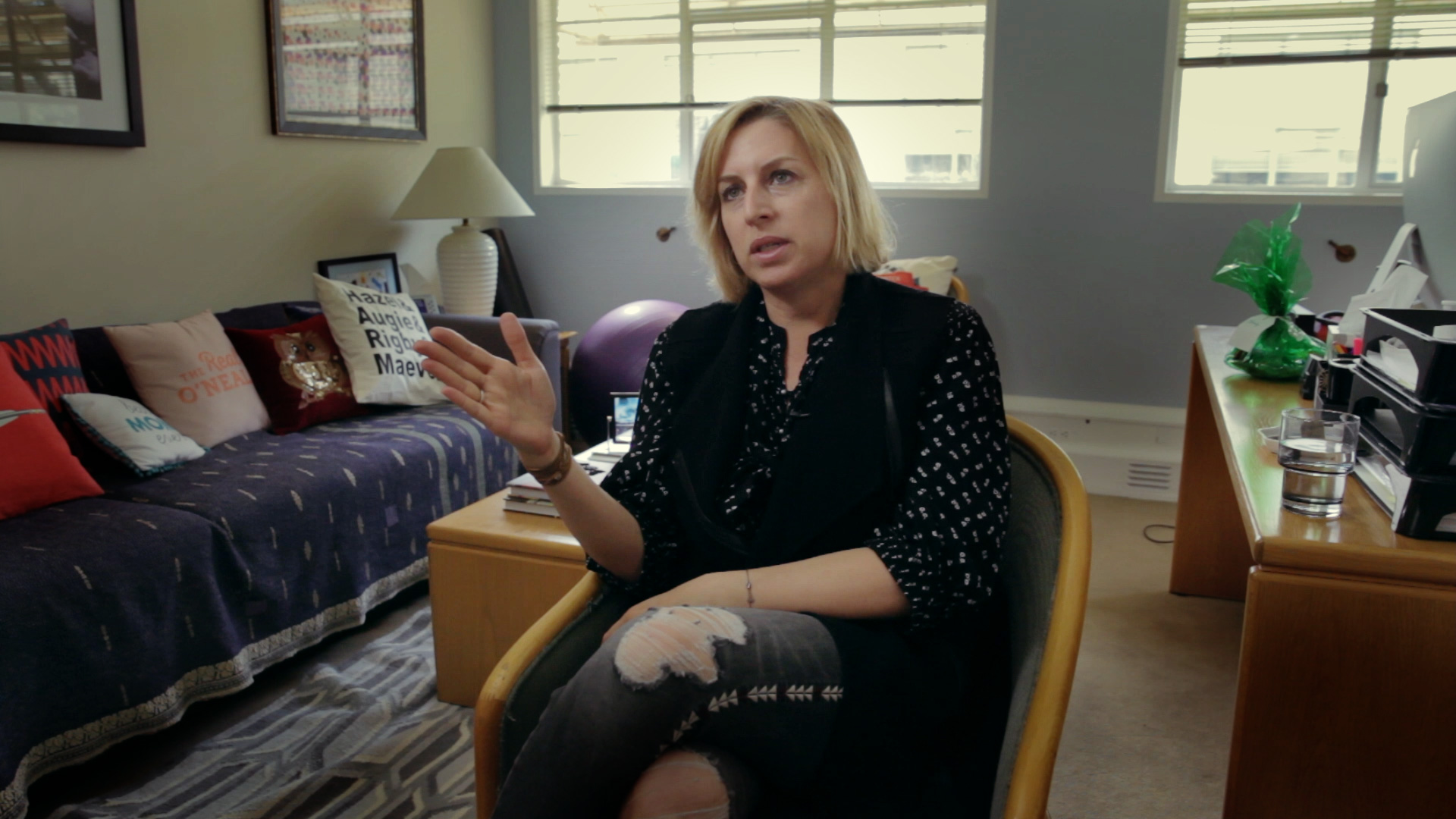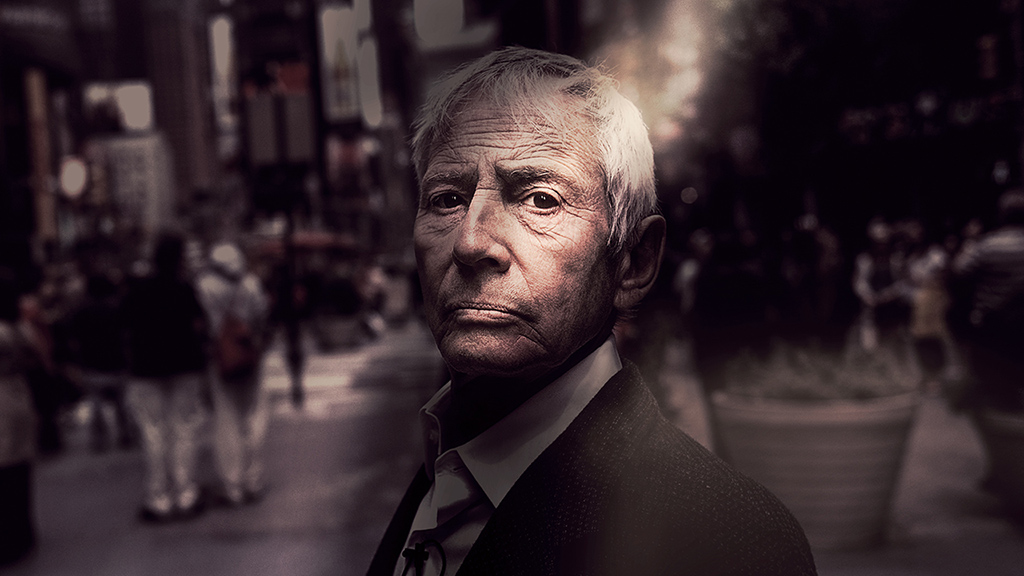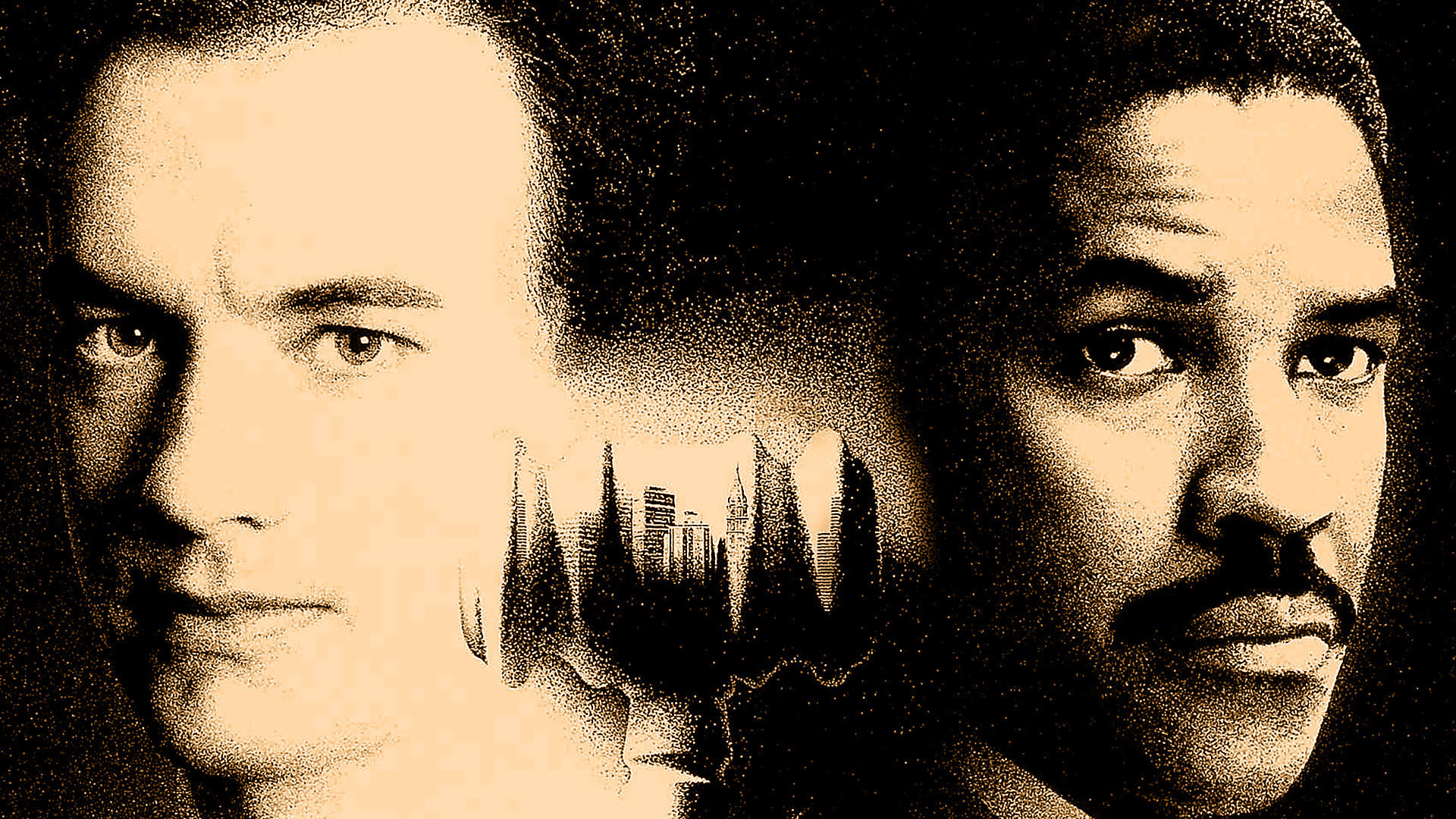Before you get the wrong idea, let me be clear. I obviously don’t like the person he is or anything he’s done. Not by a long shot. But I think he’s a great character. I watched him on TV, on the same channel I enjoyed fake murders on True Detective. I saw my favorite comedians joke about him on Twitter. I read episode recaps. So you can’t blame me for thinking of Robert Durst the same way I do The Joker or Voldemort or Tywin Lannister. Creepy villains who you love to hate, played brilliantly by professional actors. Only problem is, the role of Robert Durst is played by Robert Durst. This guy’s for real. Which raises an ethical question: Is it really OK to derive pleasure from watching a real life murderer callously talk about the crimes he committed but keeps getting away with? Neatly packaged as entertainment, with a theme song and credits and everything, HBO turned murder and crime into a commodity to be enjoyed alongside Veep and Silicon Valley.
No discussion of The Jinx can be complete without mentioning the extremely popular podcast Serial, which ignited this recent trend of real life crime as entertainment. The podcast features journalist Sarah Koenig and her thorough investigation into whether or not Adnan Syed commited the murder of his ex-girlfriend that he was convicted of 15 years ago. With its catchy theme song and high production value, it was somehow easy to digest the grisly details of a young girl being murdered during your casual morning jog. You could drink beers with your friends and argue about whether or not Adnan did it. Real people’s lives were torn apart by this case and will continue to be for the rest of their lives. But to the consumer public, once the podcast ended, the story was over. A “series finale.” But life for Adnan and his friends and the victim’s family and friends continues, just as it did before the podcast. Without a microphone or a camera around, we couldn’t care less. We take out our headphones and go on with our lives. Who’s the real sociopath, Adnan or the apathetic consumer of his story?
But while Serial is more an exercise in solving a crime, The Jinx simply presents a criminal to you and dares you to look away. The man you’re watching quite clearly killed 3 people. And he’s the star of the show, on billboards around town. It’s perverse. But as a viewer, you can’t get enough. You almost want him to keep getting away with his crimes so that the show can keep going. Does Robert Durst in jail mean no season 2? What’s more important, justice or ratings?
And most importantly, whose job is it to answer these questions: the audience or the creators? As viewers, should we hold ourselves to a higher standard and deem the whole project inappropriate? Or is the onus on the media creators to not exploit real tragedies for the sake of advertising dollars? Is it the responsibility of the producers of culture to raise up the masses, or should free market capitalism simply determine what is made based on what’s consumed? The same questions could be posed about Keeping up with the Kardashians. But that’s a discussion for another day…
I just posed some tough questions so I’d be remiss if I didn’t try to answer them. They’re ethical questions about where the responsibility lays for determining what a society consumes. Some would argue that those in power have a moral responsibility to raise the standards of the consumer by only providing them with high quality product. But this mode contains the risk of veering towards totalitarianism and the more important question of who can determine what actually is “best” for the majority. On the other end of the spectrum, one could argue that a society should manage what it consumes with its power of choice. But the problem with this is that the average person often makes choices that aren’t in their best interest. I personally believe, as if often the case, that the truth lies somewhere in between. The producers of culture should at least be conscious of the results of their creations and strive to improve society in some way through their art. But in order to guide them towards making the right decisions, society should be equally conscious of the effect that their consumption has on them. What I’m saying is, go ahead and watch The Jinx. Just feel bad about it afterwards.


